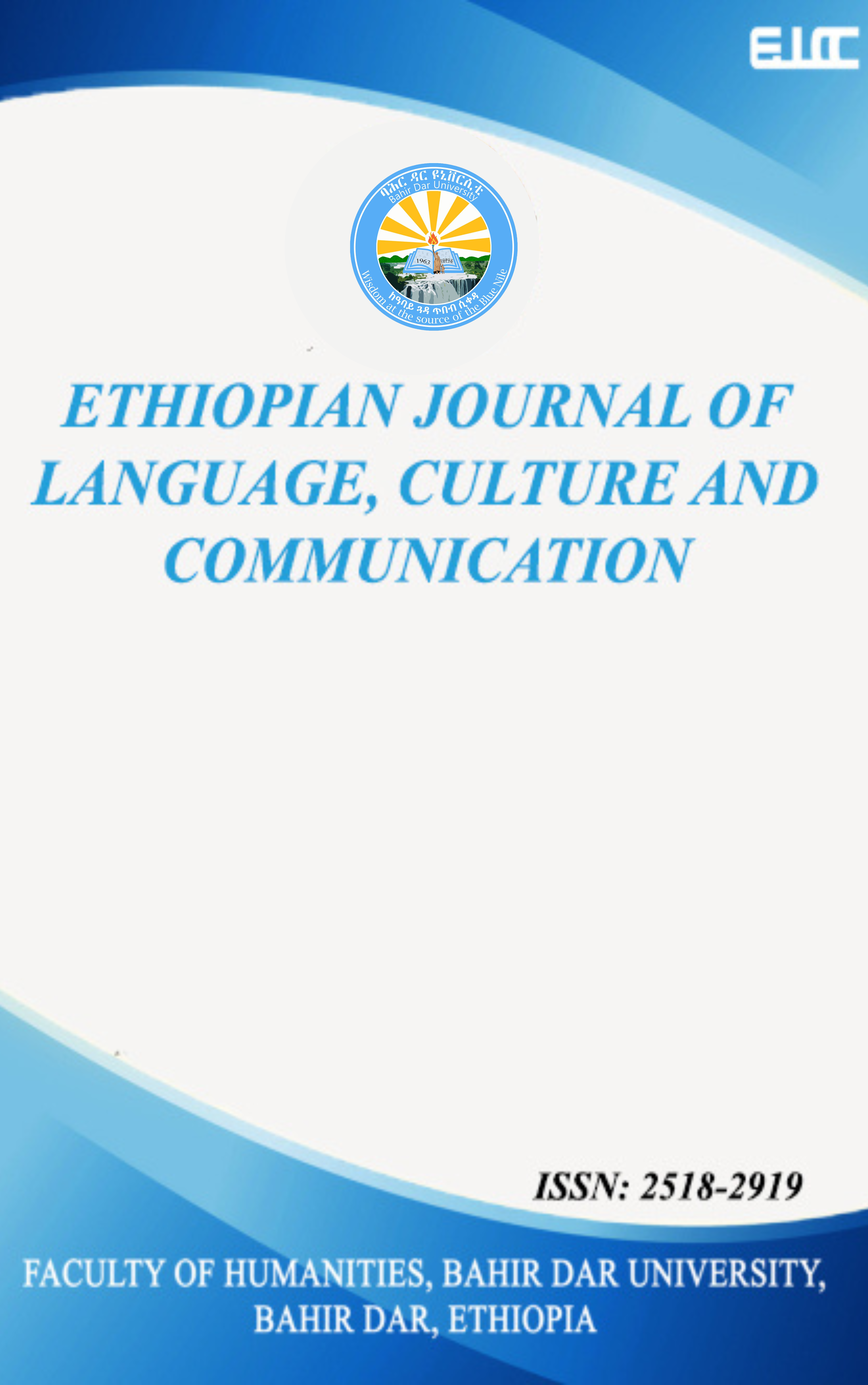The long-term viability and impact of summarization strategy on enhancing reading comprehension and reading motivation: A follow-up study of quasi-experimental design- Gondar, Ethiopia
Abstract
The main purpose of the study is to investigate the long-term impact of summarizing strategy on reading comprehension and reading motivation.The study is a follow-up study that continued from a quasi-experimental study conducted previously at grade seven students. In the previous study, it was observed that the summarizing strategy had a significant positive effect on reading comprehension and reading motivation. However, the sustainability and long-term effectiveness of this strategy remained uncertain. To address this, data was collected using test and questioner from 51 eighth-grade students who had participated in the experimental group before nine months.The data about their reading comprehension and reading motivation were analyzed using paired sample t-test and regressionmethods. The analysis showed that the reading comprehension achievement of the follow-up study was found to be significantly higher than the posttest result of the quasi-experiment; however, the reading motivation showed a significant but small decline (.196). In addition to this, the results of the previous study were significant predictors of the follow-up achievemenets both individuallyand interactivelly.But the effect had a higher proportion of the interactive than the individual in predicting the results of the follow-up achievement.With these results, it is confirmed that the reading comprehension ability and the motivation to read have continued to be there in view of the progress seen in the previous study.These implies that summarizing strategy has a role in sustaining and predicting reading comprehension achievement and reading motivation; but to sustain reading motivation, follow-up and support are necessary for students to be able to monitor and direct their own feelings of learning. Based on thefindings, recommendations for future educational practices and research are provided.
Copyright (c) 2024 Author(s)

This work is licensed under a Creative Commons Attribution-NonCommercial 4.0 International License.
Authors who publish with this journal agree to the following terms:
- Authors retain copyright and grant the journal right of first publication with the work simultaneously licensed under a Creative Commons Attribution License that allows others to share the work with an acknowledgement of the work's authorship and initial publication in this journal.
- Authors are able to enter into separate, additional contractual arrangements for the non-exclusive distribution of the journal's published version of the work (e.g., post it to an institutional repository or publish it in a book), with an acknowledgement of its initial publication in this journal.
- Authors are permitted and encouraged to post their work online (e.g., in institutional repositories or on their website) prior to and during the submission process, as it can lead to productive exchanges, as well as earlier and greater citation of published work (See The Effect of Open Access).


